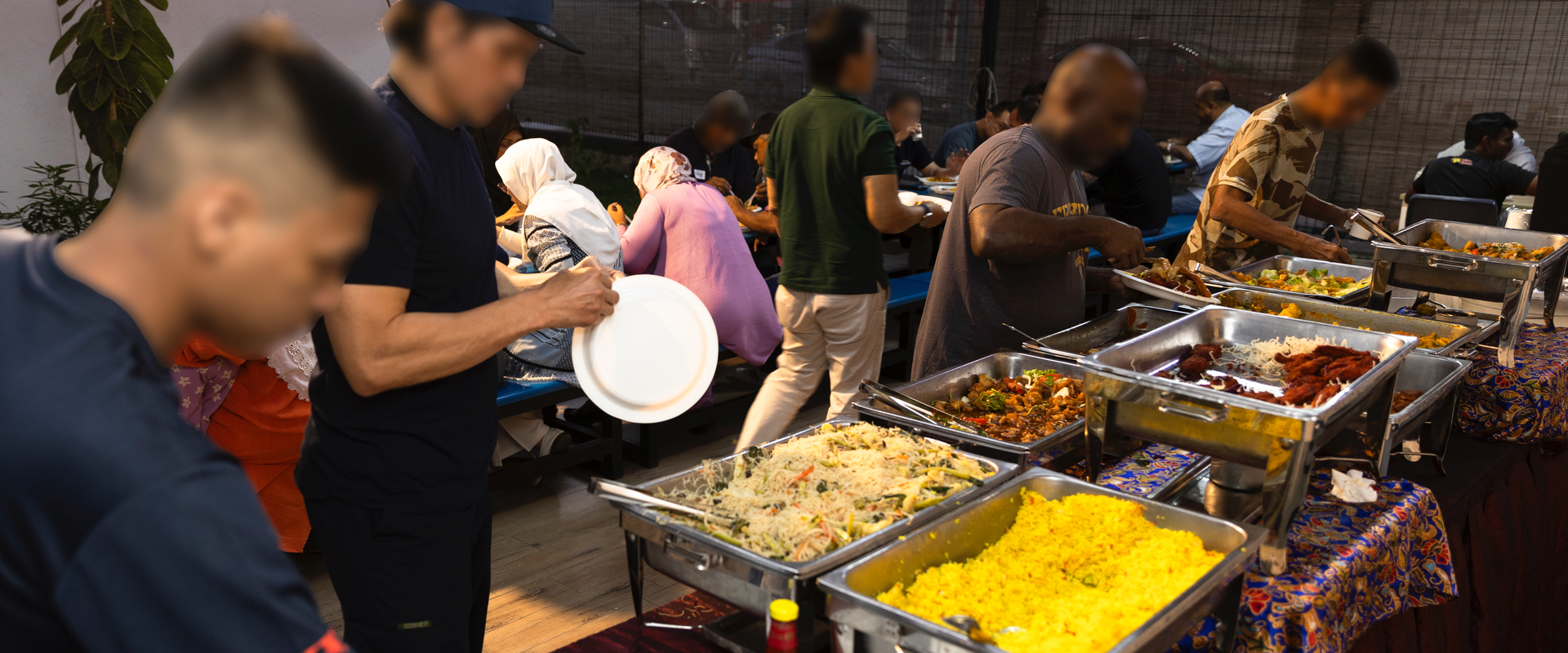
About HCSA Highpoint
A support group for drug abusers in a three-room flat gave birth to a residential drug abuse recovery programme, with the launch of Highpoint Halfway House in 1996. Over the last two decades, Highpoint has expanded our services:
We provide a safe and substance-free shelter for male ex-offenders to restart their lives, and sustained social support to renew their purpose within the community. We are a community partner of Singapore Prison Service and the multi-agency CARE Network under the Enhanced Halfway House Service Model.
Highpoint is proud to support and oversee two ground-up initiatives by our alumni and their loved ones: AIMS, the alumni after-care group; and WISDOM, the pro-social support network by their significant others. We are a community partner of the SPS Desistor Network.
Partner Agencies
Singapore Prison Service, Yellow Ribbon Singapore, Tote Board
Year Started
1996 (as Highpoint Halfway House)
Share Your Time and Expertise
Give from Your Heart

Recidivism
Recidivism refers to the tendency of a former offender to re-offend, and poses a significant challenge to the safety of societies worldwide. Singapore places a significant emphasis on rehabilitating and re-integrating offenders into the community, which has resulted in a low and stable two-year recidivism rate hovering around 25% for the past ten years.
Singapore Prison Service (SPS) has attributed this low rate to the evidence-based rehabilitation programmes provided to inmates, followed by structured community supervision by SPS and aftercare assistance provided by community partners like HCSA Highpoint after they are released.
Desistance from crime and drugs is a long-term journey by individual lives and personal trajectories within their social networks. In the last two years, the five-year recidivism rate has dropped below 40%, likely due to the stronger pro-social support ex-offenders receive when they are back in the community.
Our Impact in FY2024
Residential Care
After being released from prison, our residents are often without a home to return to. They often present with zero income and minimal support from their family. Our residents’ immediate needs are thus to secure both gainful employment and long-term housing, so that they can achieve and sustain self-sufficiency after graduating from Highpoint’s transitional living programme.
Alumni After-Care
Second chances can strengthen our clients’ resolve to change, and Highpoint nurtures their renewed sense of belonging by opportunities to give back to the community. We also enable two major ground-up initiatives that sustain their re-integration journey: AIMS, where our alumni support and sustain one another; and WISDOM, a pro-social support network by their partners.
Desistance research takes success stories seriously. The research does not start with programmes and aggregated outcomes, but individual lives and personal trajectories. Recognising the individual as the agent of change, desistance research explores individuals’ social contexts, embedded social networks and subjective interpretations as keys to understanding long-term life change.
Maruna and Mann, 2019